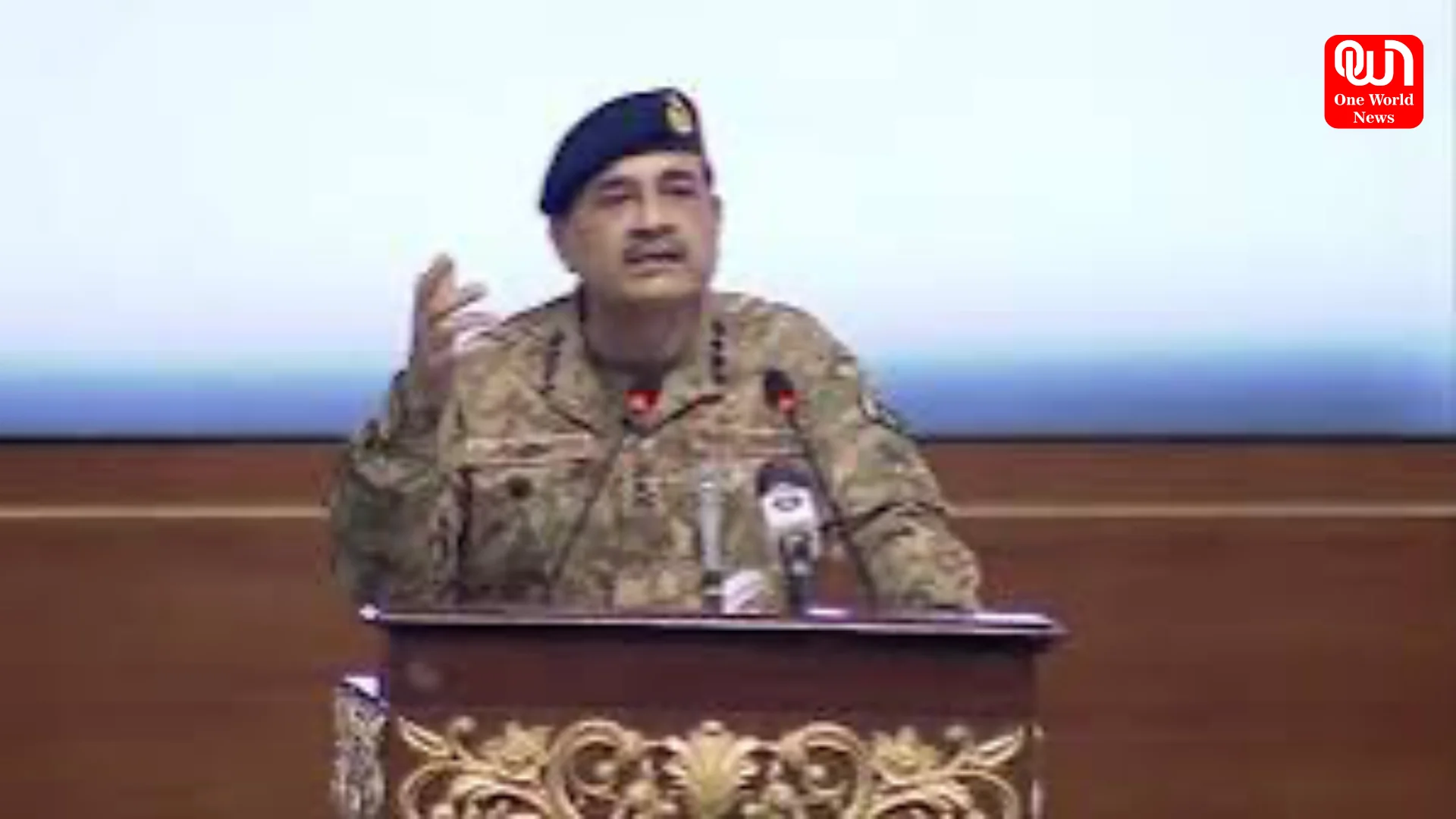Pakistan Army Chief Revives Two-Nation Theory: ‘Different From Hindus’.
Pakistan’s Chief of Army Staff, General Asim Munir, recently fired the ideological debate on the Two-Nation Theory by asserting that Muslims and Hindus are fundamentally different in every respect.
Pakistan Army Chief Revives Two-Nation Theory: ‘Different From Hindus’
Pakistan’s Chief of Army Staff, General Asim Munir, recently fired the ideological debate on the Two-Nation Theory by asserting that Muslims and Hindus are fundamentally different in every respect. His remarks during an address at the Overseas Pakistanis Convention in Islamabad have been interpreted by many as quite significant and provocative for igniting the whole debate.
General Munir said, “We are different from Hindus in every aspect—our religion, our culture, our values, our ambitions and our way of life. This is why Pakistan came into being.” Furthermore, he stressed the importance of educating the younger generation about the ideological foundations of Pakistan’s existence, “against the onslaught of globalization and lies, threats to national identity.” His address positioned the Two-Nation Theory as historical but very much the spirit of the nation-state that now underpins the definition and identity of Pakistan.
The Two-Nation Theory, originally propounded by Muhammad Ali Jinnah, the founder of Pakistan, states that Muslims and Hindus formed two separate nations, each requiring its sovereign state. This principle was the main pillar of the Pakistan Movement and was the main reason for splitting India in 1947. General Munir’s comments were probably meant to showcase that ideological base in this age of growing scrutiny and changing political as well as cultural landscapes in Pakistan.
His comments triggered a deluge of reactions inside Pakistan and beyond its borders in India. In Pakistan, some conservative and right-wing sections hailed the statement as a timely reminder of national identity amidst the surging tide of dissent within the country and rising price indexes. They maintain that the armed forces, particularly the army, have always played a central role in the continuity of the ideological character of the state.
However, the opponents would argue that such comments heighten religious divides, ignoring burning issues in the country, such as inflation, political instability, and governance. Pakistan has been facing a severe economic recession, and political turbulence; thus, according to many, such religious and ideological rhetoric would only be distractive regarding more immediate issues. Progressive Pakistanis as well as activists of civil society too have asked why such rhetoric need to be revived decades after the country was transformed.
On the other hand, Indian commentators saw these comments as an embodiment of the continuing use of religious identities by Pakistan to frame its policies, both domestic and international-as for example, the policy regarding Kashmir. General Munir reiterated Pakistan’s position with regard to Jammu and Kashmir in the same address, defining it as the “jugular vein” of Pakistan and giving his support for the Kashmiri people’s right to self-determination.
Read more: Why Are They Giving Me The Award?’: MS Dhoni Reacts Humbly After POTM Honour in CSK vs LSG Clash
The narrative of the military leadership is deemed by strategic analysts to have a purpose of furthering the army as the guardian of Pakistan’s ideological and territorial integrity. Whether it is the army’s participation in politics or civil institutions, such ideological proclamations do carry some weight.
Instead, the emphasized endorsement of General Asim Munir for the Two-Nation Theory is not merely a nostalgic reminder but also an indication of Pakistan’s persistent reliance on religious identity as a critical defining variable for statehood. Only the future will tell whether this will help the nation stagnate into one or degenerate further into irreconcilable groups; however, the endorsement shows that ideology will continue to be an essential part of the national dialogue within Pakistan.
We’re now on WhatsApp. Click to join.
Like this post?
Register at One World News to never miss out on videos, celeb interviews, and best reads.








